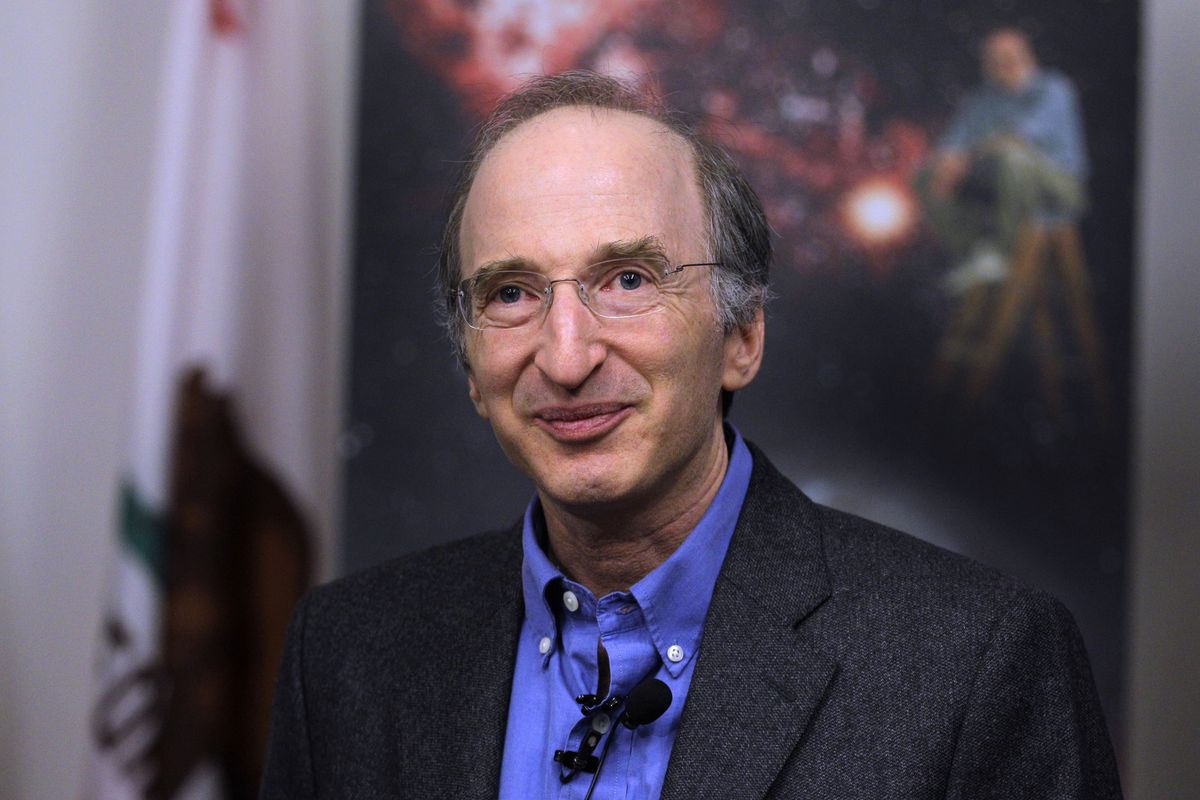Nobel given for universe expansion discovery

NEW YORK – Three U.S.-born scientists won the Nobel Prize in physics Tuesday for discovering that the universe is expanding at an accelerating pace, a stunning revelation that suggests the cosmos could be headed for a colder, bleaker future, nearly devoid of light.
In 1998, Saul Perlmutter, Brian Schmidt and Adam Riess presented findings that overturned the conventional idea that the expansion was slowing 13.7 billion years after the big bang.
Their discovery raised a question: What is pushing the universe apart? It’s been labled “dark energy,” but nobody knows. It’s “an enigma, perhaps the greatest in physics today,” the Nobel committee said.
Perlmutter, 52, of the Lawrence Berkeley National Laboratory and University of California, Berkeley, will receive half the $1.5 million prize. The other half will go to Schmidt, 44, at the Australian National University in Weston Creek, Australia, and Riess, 41, an astronomy professor at Johns Hopkins University and Space Telescope Science Institute in Baltimore.
Working in two teams, with Perlmutter heading one, they had raced to measure the universe’s expansion by analyzing light from dozens of exploding stars called supernovas. They found the light was weaker than expected, signaling that the expansion of the universe was accelerating.
One consequence of the finding is that in a trillion years, galaxies will be spread apart from each other by more than the current size of the universe, he said. The expansion rate means the light from one galaxy will no longer be visible from another, he said.
“It’s like changing from New York City to suddenly where everyone is spread out across some huge desert and there’s nothing around to view,” Steinhardt said.
The rapid expansion also implies that the universe will get increasingly colder as matter spreads across distances in space, said Lars Bergstrom, secretary of the Nobel physics committee.